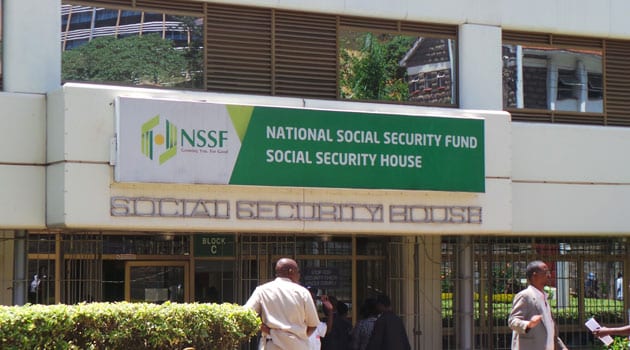Earlier this month, the Central Bank of Kenya (CBK) requested an investigation into suspicious trading activities involving the National Social Security Fund (NSSF).
Allegations suggest that bonds were purchased at inflated prices and sold at losses, bringing to light concerns about how the fund’s investments are managed. Unfortunately, this isn’t the first time such issues have arisen.
Back in 2008, the Kenya Anti-Corruption Commission looked into a case where NSSF lost KES 1.6 billion due to irregular share trading through Discount Securities Limited. Several directors were found guilty and convicted for their role in the illegal acquisition of KES 1.2 billion. Despite these past incidents, challenges with NSSF’s management persist.
Selling investments at a loss affects the fund’s overall performance and, more critically, reduces the amount of money available for member payouts. This has led to growing doubts about the fund’s ability to properly manage retirees’ savings. The situation is made worse by the fact that NSSF hasn’t released performance reports since 2022, with the last reported return being 0.0%.
When compared to a typical portfolio—60% government bonds and 40% equities—the NSSF has underperformed. Over a similar period, NSSF’s portfolio returned 7.0%, while the benchmark portfolio delivered 8.0%. While there could be several reasons for this shortfall, irregular bond trades are likely a contributing factor.
These ongoing issues point to the need for better oversight and more transparency within NSSF to ensure the fund operates in the best interests of its members.
















